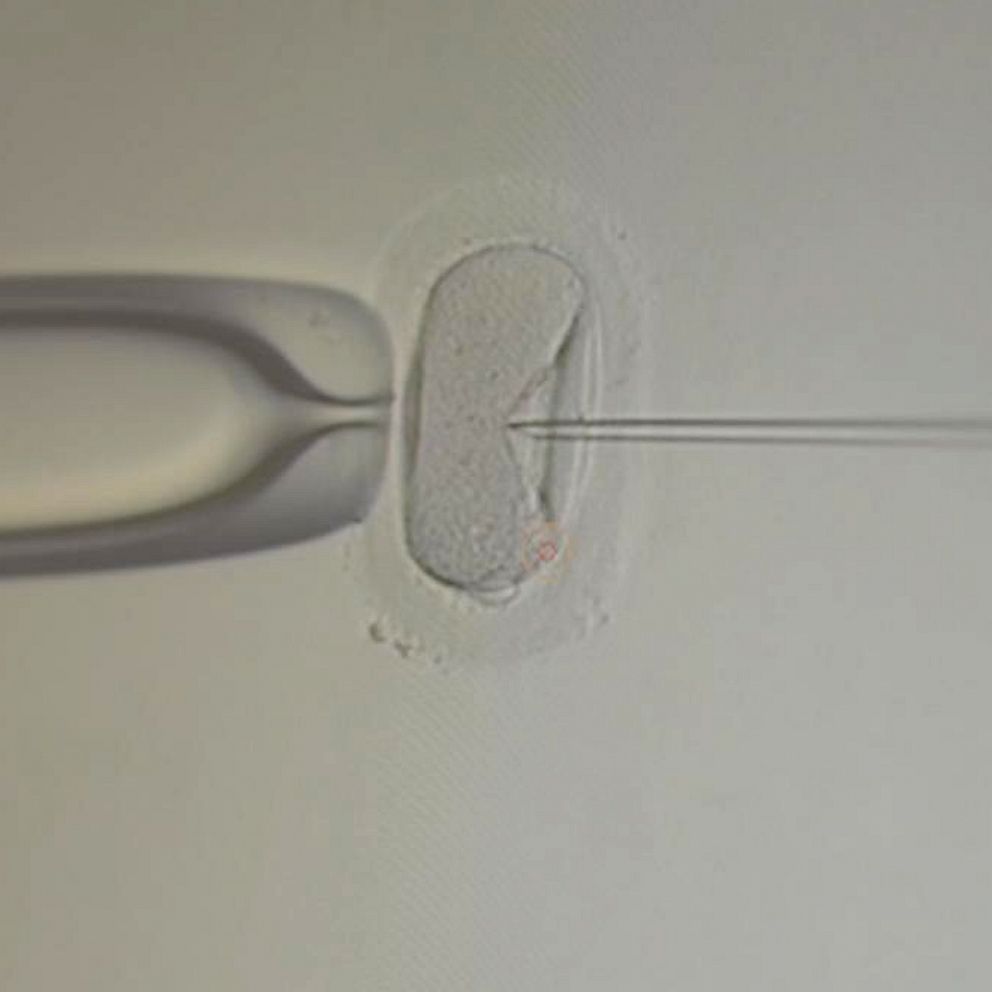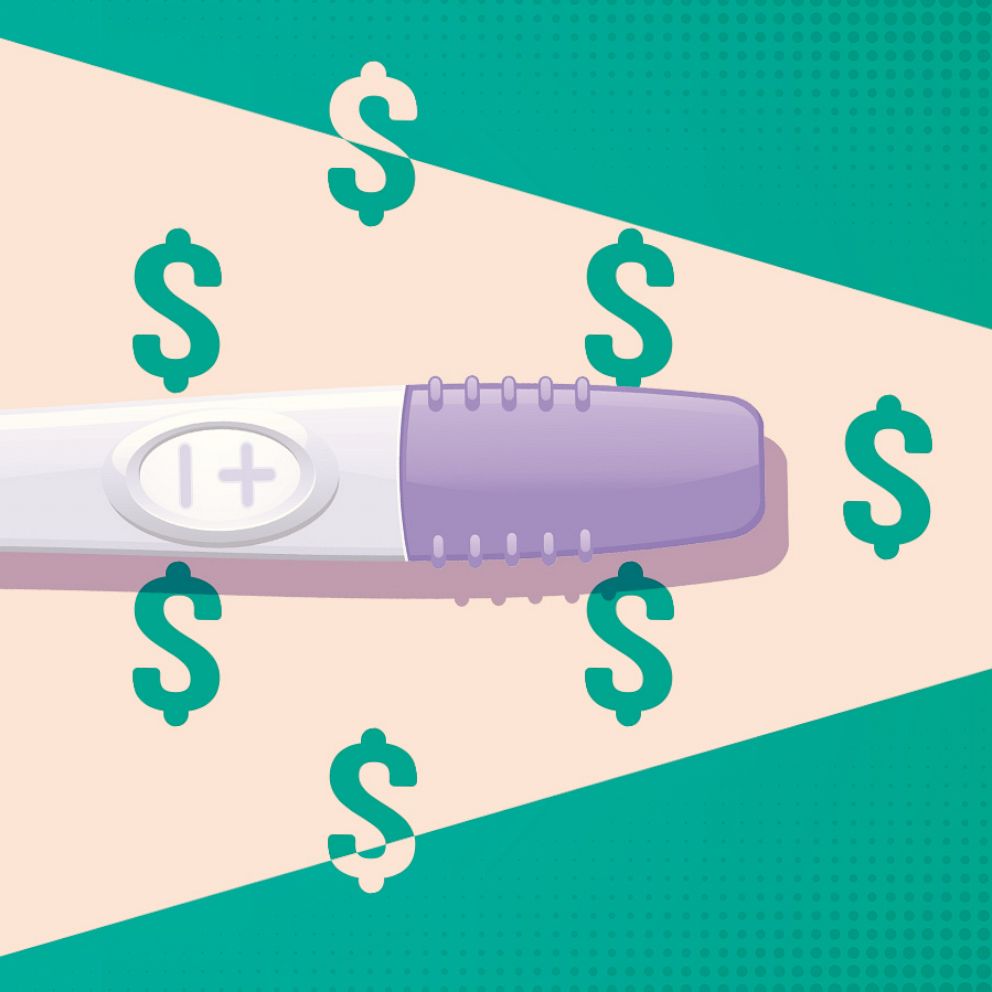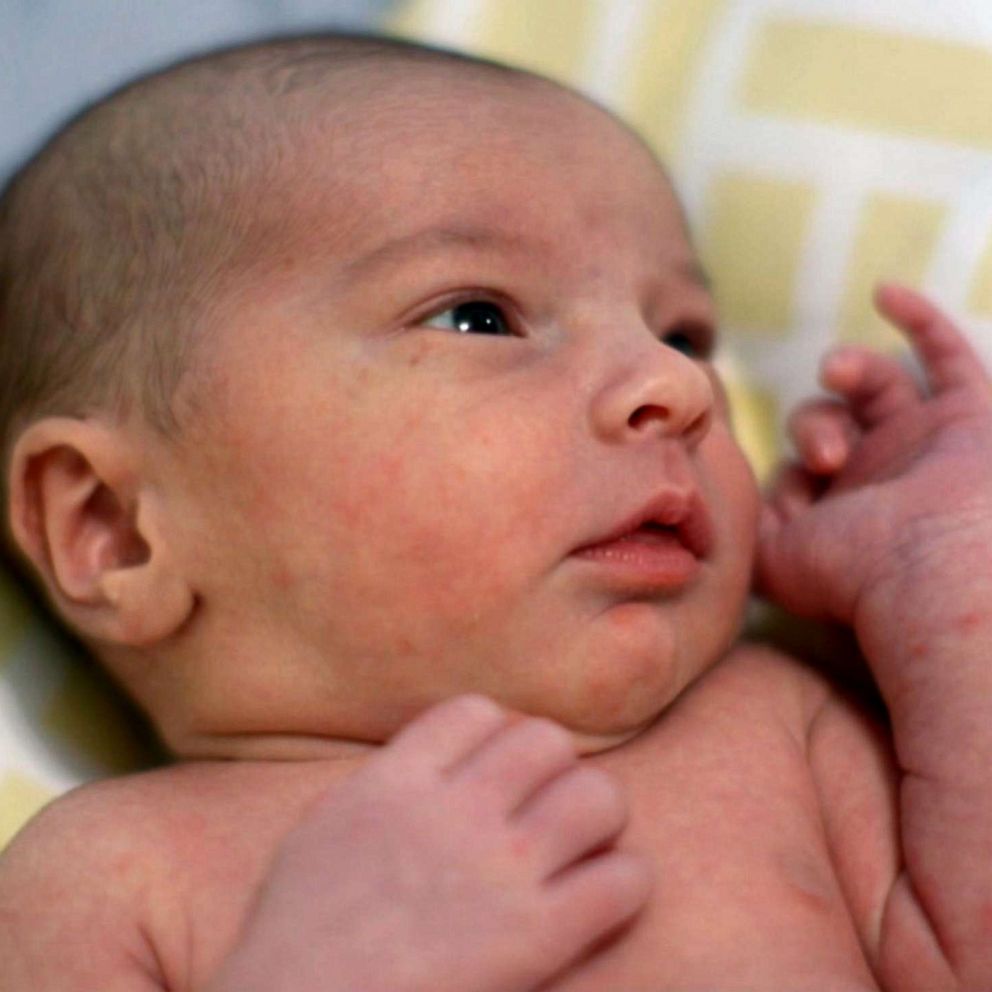How I learned to mother myself during my infertility struggle
Alli Kasirer, now a mom of three, was diagnosed with unexplained infertility.
Nearly one out of every eight couples in the U.S. are affected by infertility. For National Infertility Awareness Week, “GMA” is spotlighting infertility stories to help demystify and destigmatize all paths to parenthood.
Alli Kasirer is the founder of Robyn, a community-driven digital platform that provides access to a network of integrative maternal wellness tools, resources and specialists. After struggling with unexplained infertility, Kasirer set out on a mission to make sure no other woman or family ever felt as alone and confused as she once did on her fertility journey. She started Robyn with a mission to demystify, destigmatize, and democratize the path to parenthood.
For National Infertility Awareness Week, Kasirer, now a mother of three, opens up about her own journey to parenthood and how she learned to love and care for herself along the way.
I heard the yoga instructor tell everyone to breathe. I tried to steady my breath, but I couldn’t seem to command my mind and body to cooperate. The air was caught in my throat and chest.
Finally, I quieted my mind, put my hands on my stomach and took a deep belly breath. I felt my stomach expand and rise to a shape that reminded me of a pregnancy that I was yet to experience. And that’s when the tears started to flow.
Let me start from the beginning. A year before this moment at the yoga studio, I felt like I was "on top of the world." I was a 20-something living in New York City and had recently married the man of my dreams. I had just been promoted to vice president at a Wall Street investment bank. I traveled all over the country multiple times a week, never blinking at the 4 a.m. wake ups or the missed meals running through airport terminals. My life was going a mile-a-minute, and I thought that pace made me productive and happy. I couldn’t visualize anything that would slow me down.
And then we tried to start a family. Life came to a screeching halt when we couldn’t turn that dream into a reality. After a year of countless procedures, false hopes, negative pregnancy tests and a sea of unanswered questions, I felt alone and confused. Daily appointments at the fertility clinic didn’t exactly fit into this hectic life I created for myself. I knew I had to make a change.
So I took a sabbatical from work and dove head first into this wellness world that I always read about but never had time to partake in. My intellectual curiosity never accepted my diagnosis of "Unexplained Infertility." That frustration fueled a research crusade that left me knee-deep in medical journals while learning everything I could about managing my stress and taking better care of my body.
I tried it all. I changed my diet to include more plant-based protein, healthy fats and whole grains. I started seeing an acupuncturist who specialized in maternal wellness. A reproductive therapist helped me work through the emotional rollercoaster I was on month after month. But it wasn’t until that one yoga class, the one where I finally let myself slow down and breathe, that I understood what this journey was all about. From afar, people probably assumed they were witnessing a mid-yoga-pose breakdown. But it was actually a breakthrough. I finally learned what it meant to mother myself before I could mother my child. Learning to care for my own needs, physically and emotionally. Learning to breathe. Learning to love myself.
It was at this time that I started sharing my journey on social media. All of a sudden, I wasn’t alone anymore. Women and families from all over the country shared their stories with me. Very quickly, what had started as a personal blog became a platform where we all shared different paths to parenthood.
My story has a happy ending - I have 2-year-old twin boys via IVF and a 2-month-old boy from a natural pregnancy (surprise!). I’ve become an advocate for destigmatizing, demystifying and democratizing the path to parenthood.
If I could rewind the clock a few years, here’s what I would tell my younger self.
1. Mother yourself: I had to learn to mother myself before I could mother my child. Everyone understands the concept of self-care during pregnancy because you’re growing a human inside of you! But self-care is just as important before (and after) pregnancy.
2. You are not alone: At the time, I felt so alone. But I was far from alone. One in 8 couples struggle with infertility. The numbers are even greater for miscarriage and pregnancy loss: one in four. Finding support and community completely changed my experience from one that was isolating to one that was empowering.
3. Be your biggest advocate: I didn’t know, but very quickly learned, that I had to become an expert on my own situation. Whether I was dealing with a doctor, employer, or insurance company, I had to speak up for myself, or no one else would. There’s too much on the line - physically, emotionally and financially - to let someone else drive the bus.
4. Take control of what you can control: One of the most frustrating parts of infertility is that you feel like things are out of your control. Learning to deal with this uncertainty can be difficult. One thing that helped me was taking control of what I could control. I changed my diet and exercise routine. I added acupuncture and therapy to my calendar. This isn’t going to be right for everyone, but it helped me feel better physically and emotionally through the process.
5. Set boundaries: While I needed the support, there were times when family, friends, or colleagues were not helpful. I wish I knew earlier on how important setting boundaries and asking for what I needed would be in this journey.
6. Every path to parenthood is unique: When I started on the road of fertility treatments, I was not educated on all the different paths to parenthood that exist (donor egg, donor sperm, donor embryo, surrogacy, adoption, etc). Starting a family is not a one-size-fits-all approach. That knowledge would have contributed to a healthier emotional state from the get-go.







